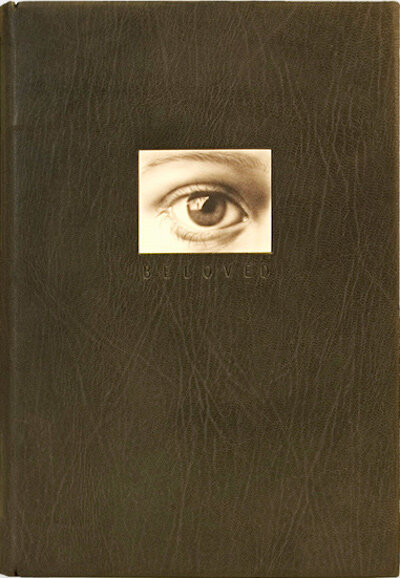 Image 1 of 2
Image 1 of 2

 Image 2 of 2
Image 2 of 2



Memory and Trauma in Black Feminist Writing [6-weeks, $200 Suggested]
Instructor: Dahiya | Tuesdays September 21-October 26 | 8:30-10:30 PM ET
How does the past live in the present? What is the difference between memory and recorded history? In her nonfiction essay called “Rememory,” Toni Morrison details how memory has served as “trustworthy ignition” for her writing. She relied on memory in her work “rather than history” because she knew she “could not, should not, trust recorded history to give” her the cultural specificity she needed to create her novels. In this seminar, we’ll study how the present is alive with memories in poetry, literature, art, and architecture, as well as in geographies of the land, the sea, and even the geographies of our bodies. We’ll examine the effects and uses of rememory, a concept from Morrison’s 1987 novel Beloved, as a case study of how the past appears when we’re most unaware or reluctant to bear its return. We’ll also read critical works such as Morrison’s 1984 “Memory, Creation, Writing,” to consider how—far from something that is simply ready-made or pre-given—engaging memory is a “form of willed creation,” something that requires an act of invention. Ultimately, we’ll grapple with how engaging and reactivating the past can be both a process of wounding and healing, and how, according to Morrison, that “the stress of remembering, its inevitability, the chances for liberation that lie within the process.” In addition to Morrison, authors will include Saidiya Hartman, Viviane Saleh-Hanna, Avery Gordon, Jamie Ann Rogers, and Deva Woodly.
We depend on a mix of direct student donations and supplemental donations to make all classes pay-what-you-can. Please pick the pricing tier that corresponds with your needs and that you are able to pay now. If you would like to pay in installments, make your first payment now and make a note on your check-out form. If you would like to donate more later in the term, you can always come back and use the “Make a One Time Donation” button! To use a full scholarship, just pick the $3 tier to cover site/processor fees.
If at any point up to 48 hours before your first class session you realize you will be unable to take the class, we will work with you to reallocate your funds to a future class, to another student’s scholarship, or refund it. After classes begin, we are only able to make partial refunds and adjustments.
Instructor: Dahiya | Tuesdays September 21-October 26 | 8:30-10:30 PM ET
How does the past live in the present? What is the difference between memory and recorded history? In her nonfiction essay called “Rememory,” Toni Morrison details how memory has served as “trustworthy ignition” for her writing. She relied on memory in her work “rather than history” because she knew she “could not, should not, trust recorded history to give” her the cultural specificity she needed to create her novels. In this seminar, we’ll study how the present is alive with memories in poetry, literature, art, and architecture, as well as in geographies of the land, the sea, and even the geographies of our bodies. We’ll examine the effects and uses of rememory, a concept from Morrison’s 1987 novel Beloved, as a case study of how the past appears when we’re most unaware or reluctant to bear its return. We’ll also read critical works such as Morrison’s 1984 “Memory, Creation, Writing,” to consider how—far from something that is simply ready-made or pre-given—engaging memory is a “form of willed creation,” something that requires an act of invention. Ultimately, we’ll grapple with how engaging and reactivating the past can be both a process of wounding and healing, and how, according to Morrison, that “the stress of remembering, its inevitability, the chances for liberation that lie within the process.” In addition to Morrison, authors will include Saidiya Hartman, Viviane Saleh-Hanna, Avery Gordon, Jamie Ann Rogers, and Deva Woodly.
We depend on a mix of direct student donations and supplemental donations to make all classes pay-what-you-can. Please pick the pricing tier that corresponds with your needs and that you are able to pay now. If you would like to pay in installments, make your first payment now and make a note on your check-out form. If you would like to donate more later in the term, you can always come back and use the “Make a One Time Donation” button! To use a full scholarship, just pick the $3 tier to cover site/processor fees.
If at any point up to 48 hours before your first class session you realize you will be unable to take the class, we will work with you to reallocate your funds to a future class, to another student’s scholarship, or refund it. After classes begin, we are only able to make partial refunds and adjustments.